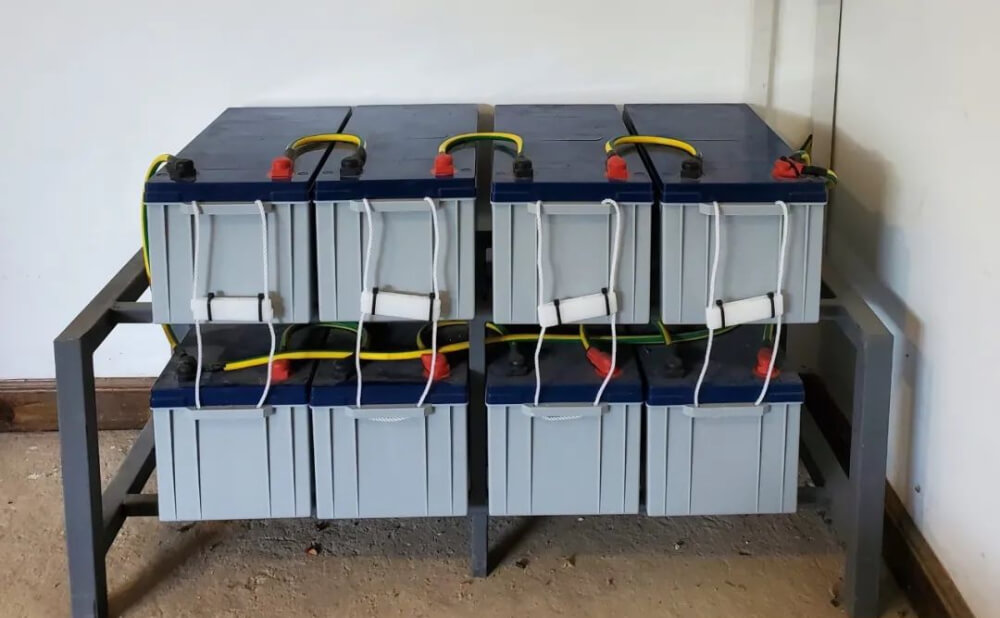German consumer group debunks residential PV cell myths
 namkoo solar
namkoo solar
The German consumer protection association Verbraucherzentrale NRW has issued a warning against five misleading assumptions about photovoltaic-related residential battery systems.
With fluctuating electricity markets and rising energy prices, German households are increasingly seeking self-sufficiency with rooftop PV systems and batteries. About 70% of newly installed residential PV systems in Germany now include home energy storage. However, not all statements about the use of battery storage are accurate. In response to some false expectations, Verbraucherzentrale NRW clarifies five important mistakes that can occur when purchasing a residential energy storage system.

1: Battery storage cannot be installed at a later date
This is not true.Verbraucherzentrale NRW says that integrated energy storage at a later stage can be achieved by installing a hybrid inverter within the PV system. Conventional inverter retrofits are also possible, even after the PV system has been in operation for many years.
2: The bigger the battery, the better
"This is wrong," the consumer group says. Even though battery storage systems are still expensive, for economic purposes, it's important not to oversize the batteries. As a rule of thumb for proper energy storage sizing, they believe that matching 1kWh of storage capacity for every 1,000kWh of annual electricity demand is sufficient. In other words, a 5000kWh annual electricity demand would require an energy storage system with a capacity of 5kWh. Consumers should also consider the size of the PV system and remember that a system that is too small will hardly have enough surplus power to charge a large battery storage.
3: Battery storage will save you money all the time
"This is another misconception," the association said, noting that the upfront cost of residential batteries is still high. This only holds true if the excess solar power sold to the grid over the estimated service life is higher than the purchase cost of the batteries. verbraucherzentrale NRW provides calculations and estimates to confirm whether the savings can exceed the purchase price.
4: With a battery storage system you can store summer electricity for winter use
Some battery suppliers use this claim to promote their products.Verbraucherzentrale NRW says that residential batteries currently on the market can only divert excess solar power to nighttime use, and do not have seasonal storage capabilities.
5: With battery storage, users will always have electricity and will not be dependent on the grid
Verbraucherzentrale NRW in northern Rhine-Westphalia answers "no" to this question. Households still rely on a technical connection to the public grid, even for photovoltaic and energy storage systems. When power fails, standard photovoltaic systems and home storage systems stop supplying energy unless equipped with an emergency energy or back-up system, which the consumer group expects to cost anywhere from €500 ($540) to €2,000 more to equip.
"It's important to make people aware of the individual goals of using PV in conjunction with battery storage, and then get comprehensive information later," said Stefan Hoffmann, energy analyst at Verbraucherzentrale NRW. in March, the Verbraucherzentrale NRW issued a warning against a series of misconceptions that consumers should know when purchasing a residential PV system.
"It is very important for people to realize what they are using PV for and to find out more about it later. This way disappointment can be avoided and solar energy can be used really efficiently," says Sören Demandt, Data Energy Transition Analyst at Verbraucherzentrale NRW.



































